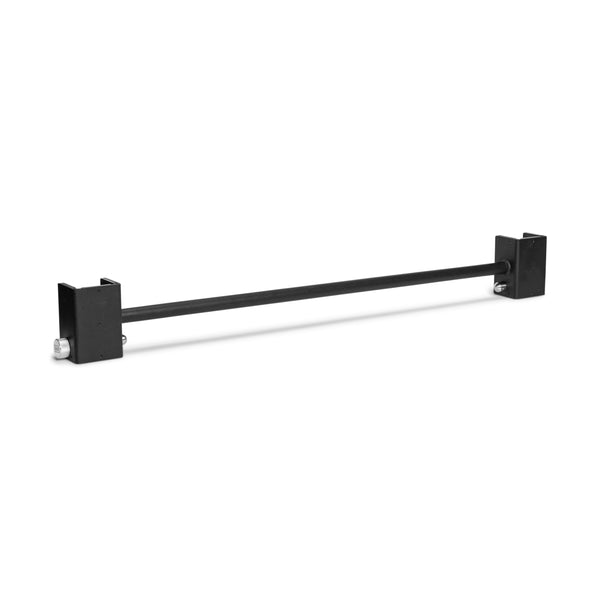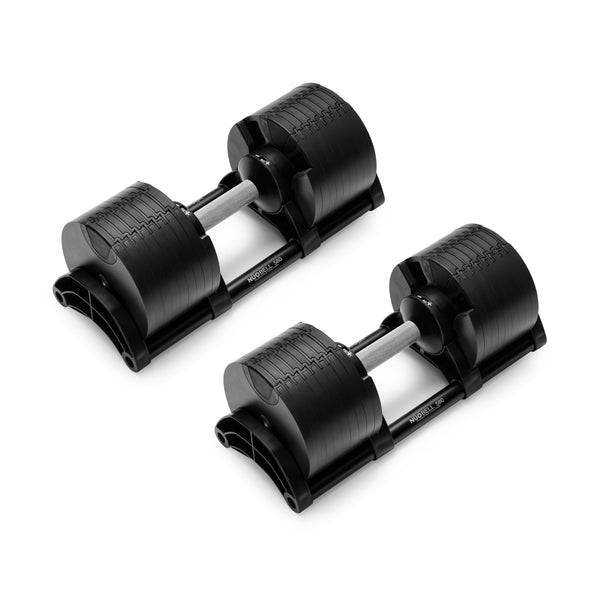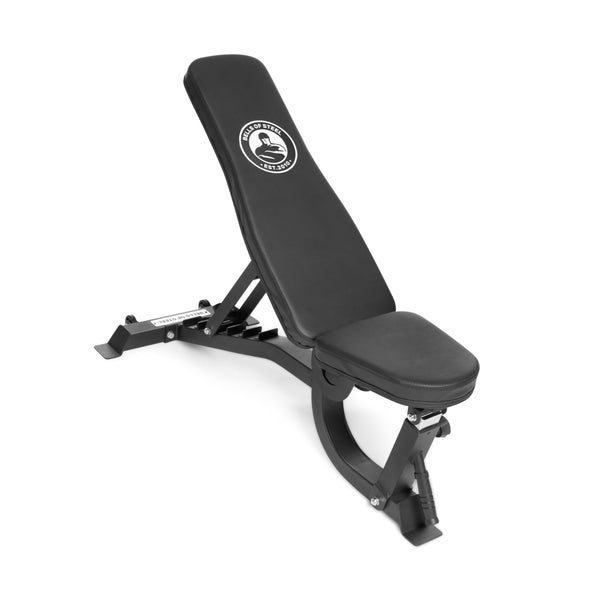Congratulations on embarking on the exciting journey of setting up your very own home gym! But before you start hoisting weights upstairs, let's tackle the million-dollar question: Can I put a home gym upstairs?
Whether you're a fitness fanatic or just starting out, let's dive into the world of upper-floor fitness havens.
Before we delve into the logistics, let's explore the enticing benefits of having your gym on the upper floor: Roll out of bed, stretch, and boom – you're already in your gym! No more battling traffic, bad weather, or other people's sweaty gym odor. It's your space, your rules, and your sweat. Got that empty attic space or an underutilized guest bedroom?
Transforming it into a gym could be your home's greatest makeover. The square footage that once stored old trinkets can now house your muscle-building arsenal. But before you start bench pressing your excitement, consider these potential cons: Not all floors are built to handle the might of your squat PR.
Consult a structural engineer or a home improvement expert to ensure your floor can bear the load.
The last thing you want is your gym becoming a literal hole-in-the-floor story. Despite your soundproofing efforts, some noise might still echo through. If you share the floor with a sleeping baby or spouse below, you might need to compromise on your workout playlist volume and deadlift drops. Moving gym equipment upstairs is like a boot camp workout before your actual workout. Those weights and machines weren't designed to be staircase-friendly. Be prepared for an equipment-moving obstacle course.
Alright, so you're determined to make your upstairs gym a reality. Now, what equipment should you stock up on? Let's flex some decision-making muscles: Your upstairs floor has its limits – don't push them. Opt for compact yet powerful equipment that won't have your floor quivering. Think adjustable dumbbells, resistance bands, and suspension trainers – they offer a buffet of workouts without gobbling up your space.
When space is at a premium, pick equipment that serves multiple functions. A sturdy power tower can double as a pull-up bar and a leg raise station. It's like having a personal trainer with a split personality. You wouldn't trust a parachute made of tissue paper, right? Don't skimp on quality when it comes to your gym gear. Spending a bit more on robust equipment is like an investment in your muscle health – it'll pay off big time in the long run.
Safety is your spotter, your lifting belt, and your personal trainer all rolled into one. Here's how to keep your upstairs gym injury-free: Lay down rubber gym flooring to protect your equipment and your floor from the inevitable drops and clanks. It's like a safety blanket for your workout space. Sweat is proof that you're working hard, but it's not a decoration you want hanging around.
Ensure proper ventilation to prevent your gym from becoming a humid breeding ground for funky odors. Mirrors aren't just for selfies – they're also your secret weapon for perfecting your form. Combine them with good lighting, and you've got an environment where gains and gains in knowledge happen simultaneously.
Turning your upstairs space into a home gym is more than just doable – it's a smart move for your fitness journey. However, remember to consult professionals before embarking on your gym transformation to ensure safety and structural integrity.
Once you're all set up, you'll be amazed at how a flight of stairs can lead you to your personal fitness paradise.



